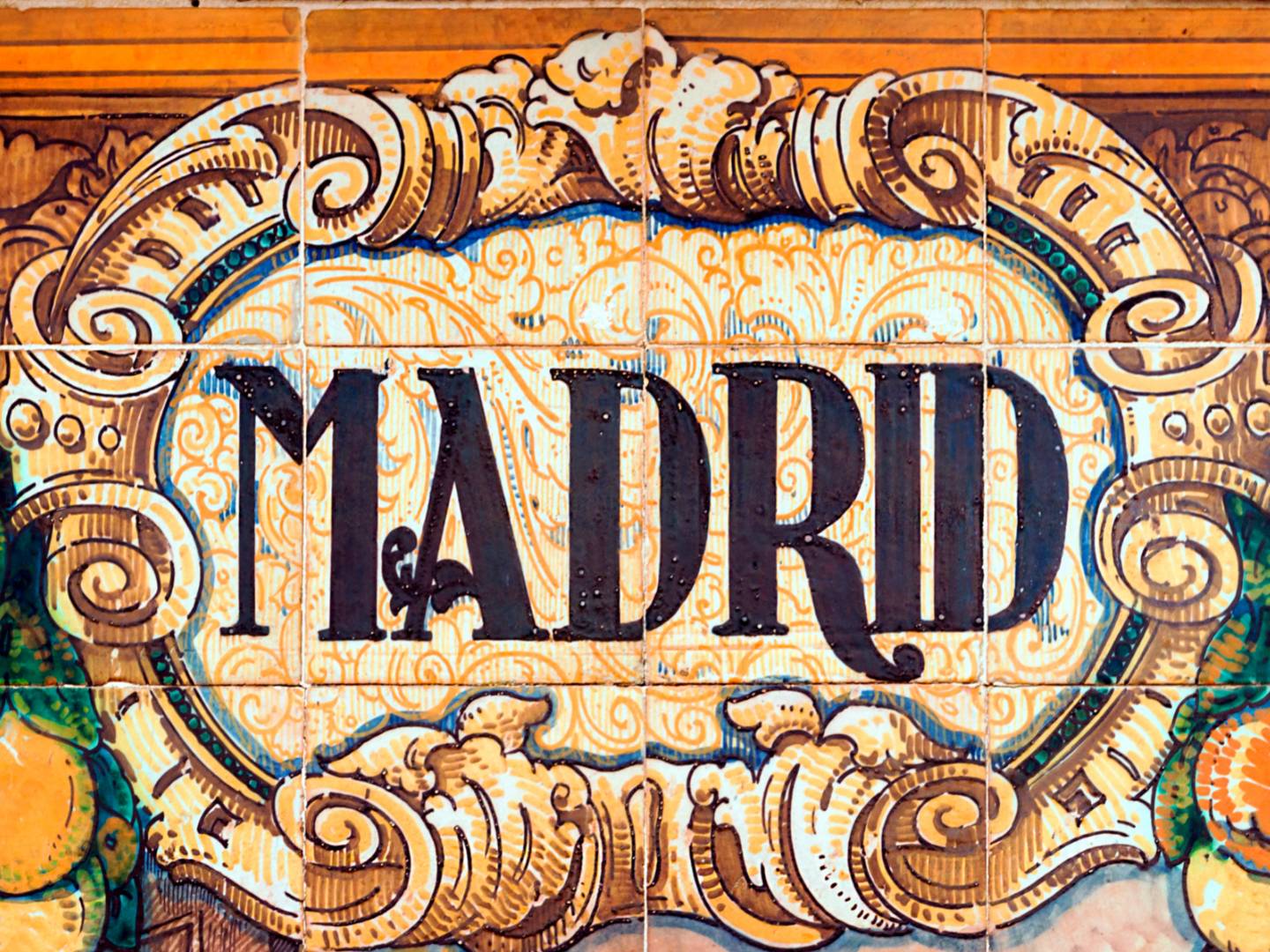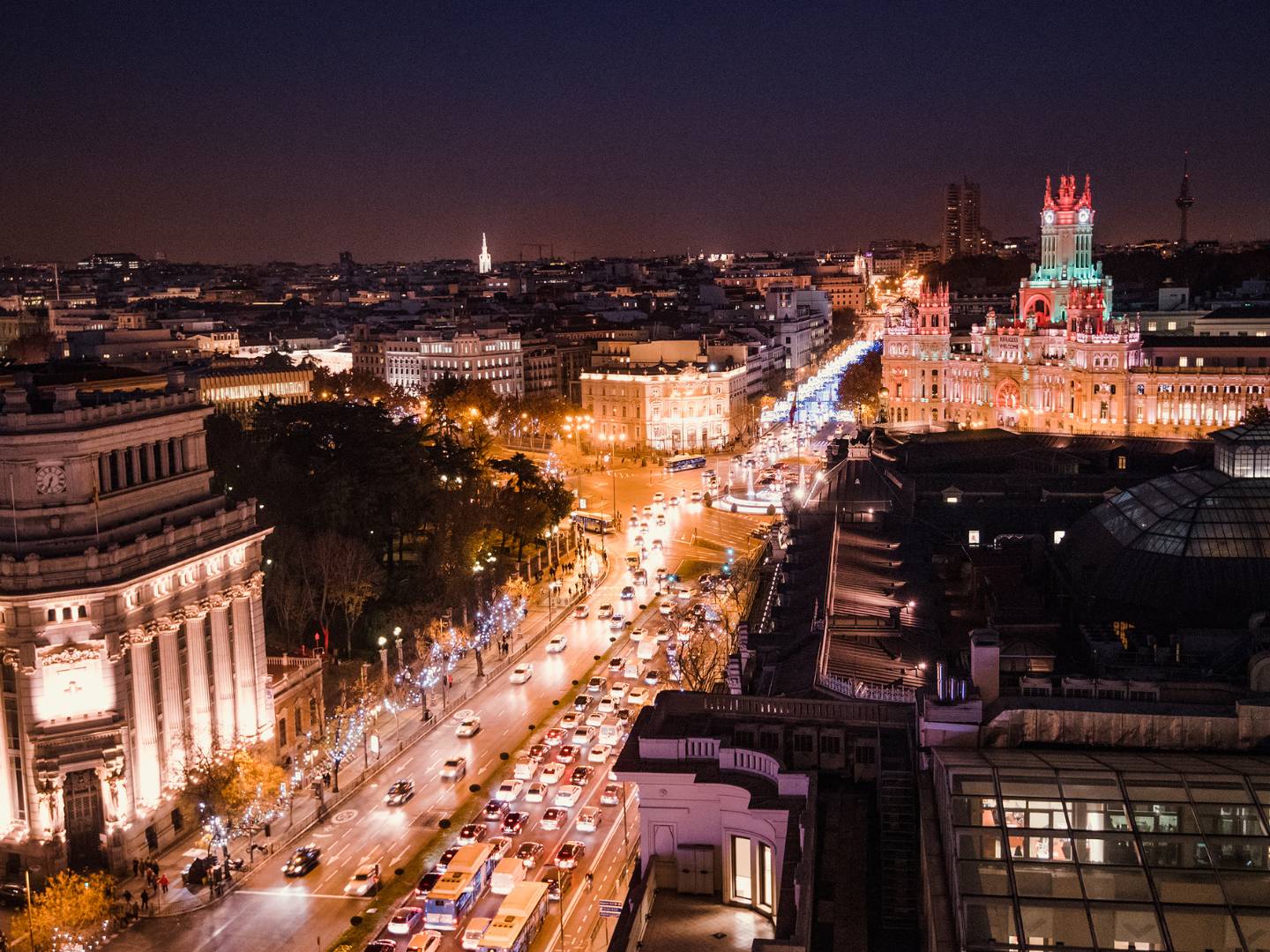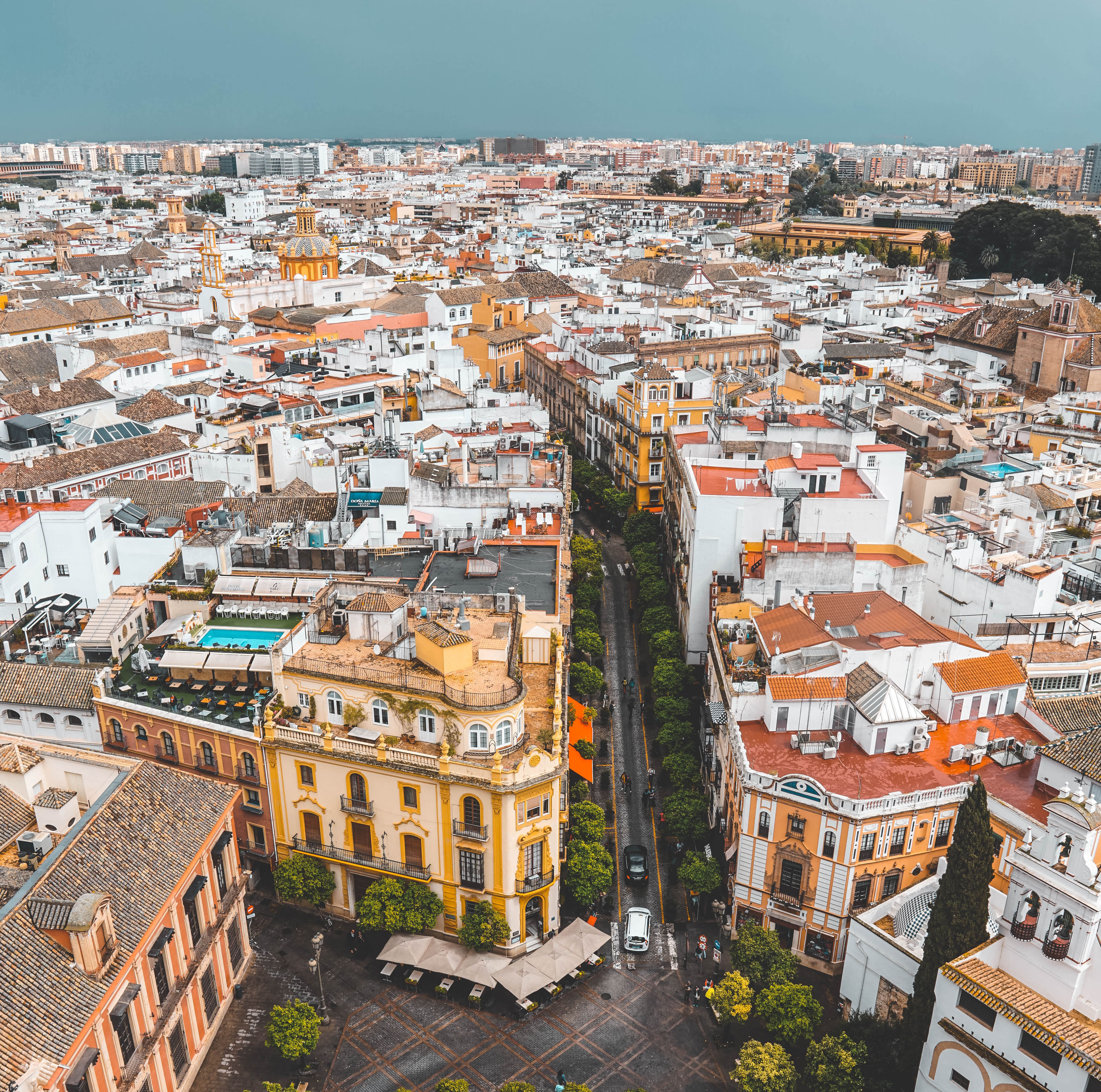Living in Madrid: Top pros and cons
Considering moving to Madrid? Just like any city, Madrid has flaws too. But the pros of living in Madrid outweigh the cons.
Jale
Madrid is one of the best places to live in Spain. The Spanish capital combines endless work opportunities, high-quality life, and never-ending nightlife with a buzzing social scene, rich culture, and diversity. It’s home to the biggest expat community in Spain, bringing people from different backgrounds together and forming a tolerant environment.
But just like any other city, Madrid has its imperfections, too. Let’s dive in and explore if moving to Madrid is the right choice for you!
Pros of Living in Madrid
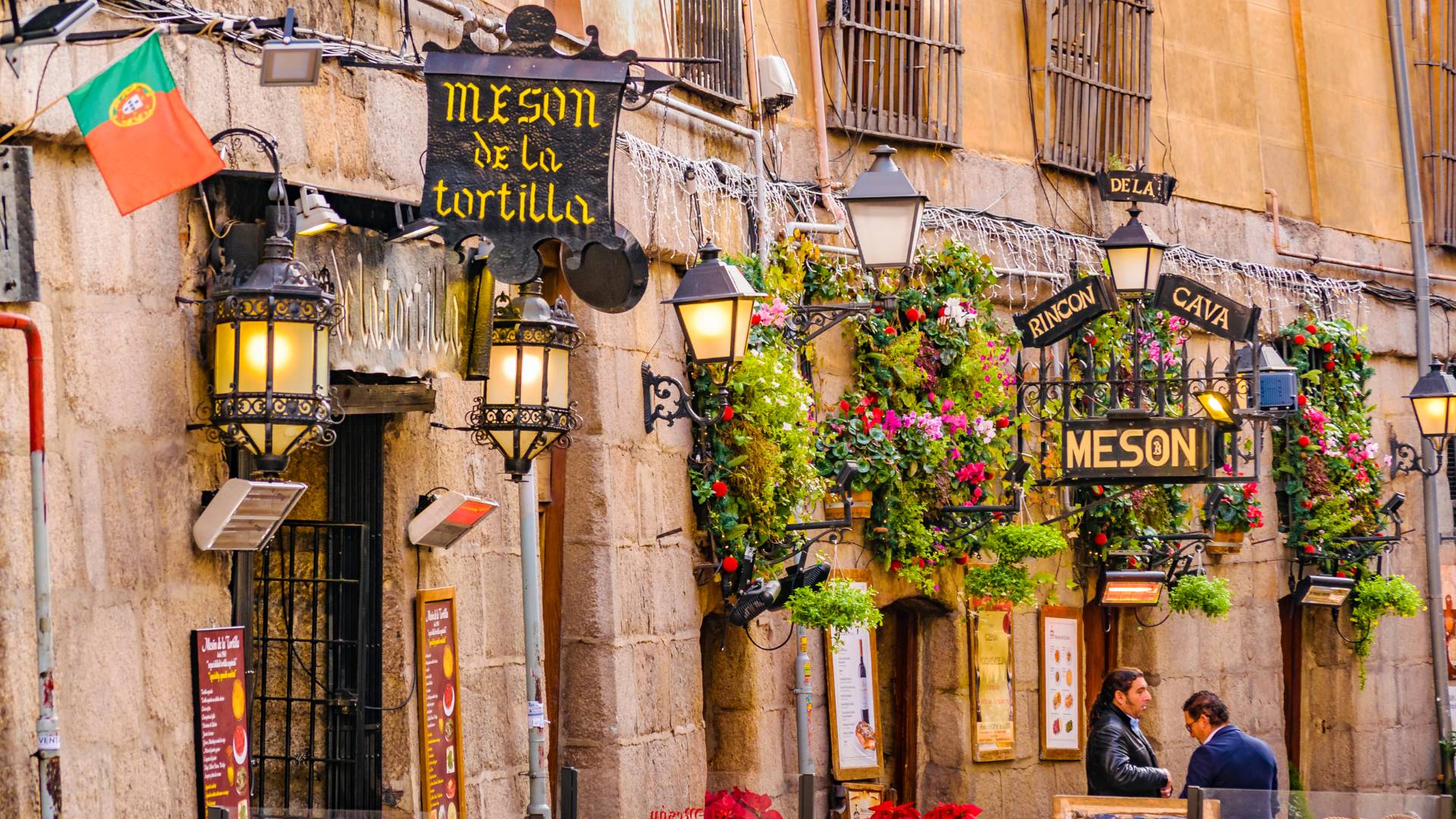
- Job opportunities: Madrid is Spain’s biggest economic hub
- Madrid has the biggest expat community in Spain
- Madrid has one of the liveliest nightlife in Europe
- Madrid's a metropolitan city with a rich history
- Madrid has a golden work-life balance
- Madrid’s location is convenient for traveling across Europe
- Madrid's a popular destination for students
Job opportunities: Madrid is Spain’s biggest economic hub

The Spanish capital's a hub for technology, tourism, and trade. Madrid-based companies alone make up 16% of all companies in Spain. Madrid also hosts 40% of international businesses in the country and carries out 72% of all banking activities. All of these open doors to many career opportunities in Madrid, making it one of the best cities to look for a job!
Madrid has the biggest expat community in Spain
The city has almost 3.4 million residents, with over 1 million of whom are expats. This means about 29% of the population in Madrid is international. The big expat community will make you feel more at home and bring in life-long friendships.
Madrid has one of the liveliest nightlife in Europe

If Spain is a party country, then Madrid is definitely its capital (pun intended)! The typical night out in Madrid starts at midnight and ends around 6 in the morning. Its young and dynamic crowd goes to Fuencarral for dancing at clubs, The Huertas for international parties, Chueca for queer bars, Malasaña hipster cocktails, and Gran Via for a glamorous night out. Being the LGBTQ capital of Spain, Madrid also hosts epic pride and LGBTQ+ parties.
Madrid's a metropolitan city with a rich history
Living in Madrid is like getting the perfect cocktail with equal parts history and modernity. Its history dates back to prehistoric times. While its historic sites like Plaza Mayor, the Royal Palace, and The Egyptian Temple of Debod have been well-preserved, Madrid grew into a world-class city with its modern architecture like Torres de Colón, Torre Cepsa tower, and BBVA city complex.
Madrid has a golden work-life balance
Like a proper Spanish city, Madrid's working culture is very laid-back. For instance, a big part of work-life balance is taking holidays, enjoying long lunch hours, not overworking, and taking the time to do things you enjoy. With so many theatres to check out (Teatro Real, Teatro María Guerrero, National Music Auditorium), festivals to go to (San Isidro, Mad Cool Fest, Madrid Escena), museums to discover (Prado Museum, Museo Thyssen Museum, Museo Nacional Centro de Arte Reina Sofía), and restaurants to eat at, residents of Madrid strike a perfect balance between work and leisure.
Madrid’s location is convenient for traveling across Europe

Most European countries are only 2–3 hours away by (cheap) flight. So you won't even have to find available rental studios in Paris last minute or search for apartments in Rome as you can just as easily fly back the same day!
Alternatively, you can do like locals do and plan a getaway trip to other Spanish cities. With a few clicks you can Malága, Seville, Granada or Córdoba and be there in no time.
Madrid is a popular destination for studying

Madrid has frequently been ranked as one of the best study destinations in Europe, thanks to its high-ranking universities, great student life, and wild party scene. In fact, of all Spanish cities, Madrid has the most international students (45,181).
Cons of Living in Madrid
- Madrid's the most expensive city in Spain
- Madrid has no beaches
- Madrid has low air quality
- Madrid isn’t the best place to learn Spanish
- Most companies don’t pay competitive salaries
Madrid is the most expensive city in Spain
All the reasons that make Madrid one of the best cities in Spain also make it the most expensive. When you live in smaller cities like Seville or Valenciayour monthly expenses (excl. rent) will be about €650, while in Madrid, this cost of living will go up to about €720. But since Spain's overall affordable, the high quality of life in Madrid still comes with a relatively cheap cost of living compared to the rest of Europe.
Madrid has no beaches
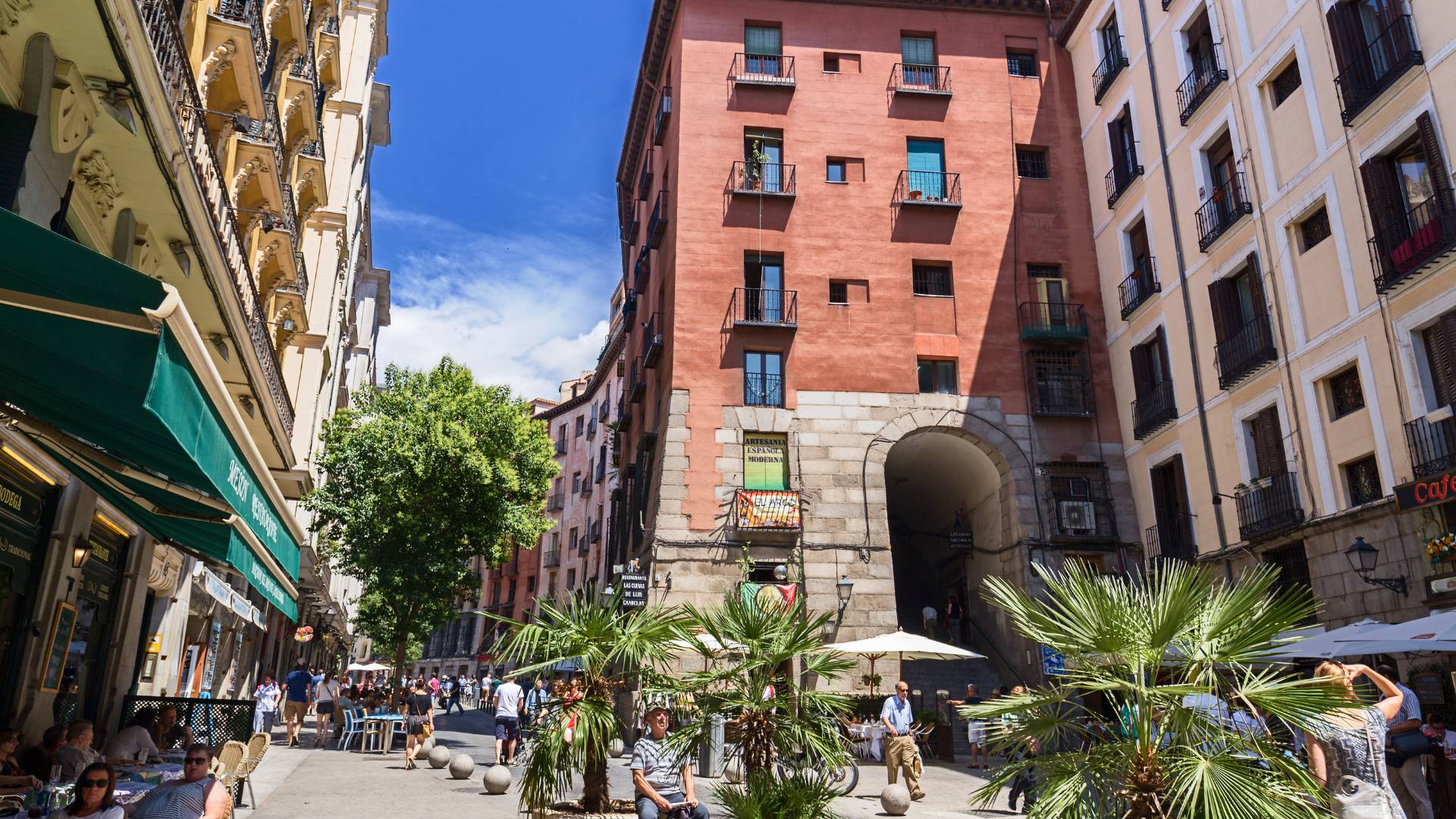
Spain's renowned for its beautiful Meditterian beaches and golden sand. Yet, Madrid's located in the middle of Spain with no access to the sea. The lack of coastline and a super dry climate make summers in Madrid unbearable. Locals even say, “9 meses de invierno y 3 del infierno!” which translates to 9 months of winter and 3 months of hell. The good news is the beaches in Málaga and Valencia are only 2 hours away.
Madrid has low air quality

Like in any big city, traffic and overpopulation make air pollution worse. Plus, lots of people smoke cigarettes in Madrid. Madrid ranks as the 75th most polluted regional capital city out of 85 measured global capitals. And even though lockdowns during the corona outbreak improved the air pollution levels in many other European capitals, Madrid recorded a reduction in air quality during that time.
Madrid isn’t the best place to learn Spanish
Madrid has a big expat community, many international companies, and lots of tourists. Because of this, you’ll come across more English-speaking people in Madrid than in other smaller Spanish cities. While this's an advantage for those who aren't keen on learning Spanish, those who actually want to learn Spanish will quickly realise locals switch to English often. So if your goal's to learn Spanish, it’s a good idea to enrol in one of the many immersive language schools in Madrid and surround yourself with other people who want to learn Spanish.
Most companies don’t pay competitive salaries
If your goal's to earn and save a lot, then perhaps Madrid isn't the city for you. It’s true that Madrid offers the highest average salary across Spanish cities: €3,190 per month.
But one downside is that the cost of living is more expensive in Madrid than in other smaller Spanish cities. For instance, people in Madrid spend roughly 52% of their income on rent, compared to people in Valencia who spend 36%!
Another downsides that you’d be earning much less for the same position than if you were to work in other European capitals. Based on salaries on Glassdoor, the average salary for a Marketing Manager is €70,107 per year in Amsterdam, €51,141 per year in Paris and as low as €30,209 per year in Madrid!
While Madrid’s lower cost of living justifies a lower average salary, your savings and purchasing power will be significantly less, unless you’re working in an executive position.
This article is for informational purposes only.
Please reach out to content @housinganywhere.com if you have any suggestions or questions about the content on this page. For legal advice or help with specific situations, we recommend you contact the appropriate authorities.
Related articles
In this article
Going to Madrid?
Book your rental accommodation from verified landlords in Madrid even before relocating. No viewings needed.
Search Now